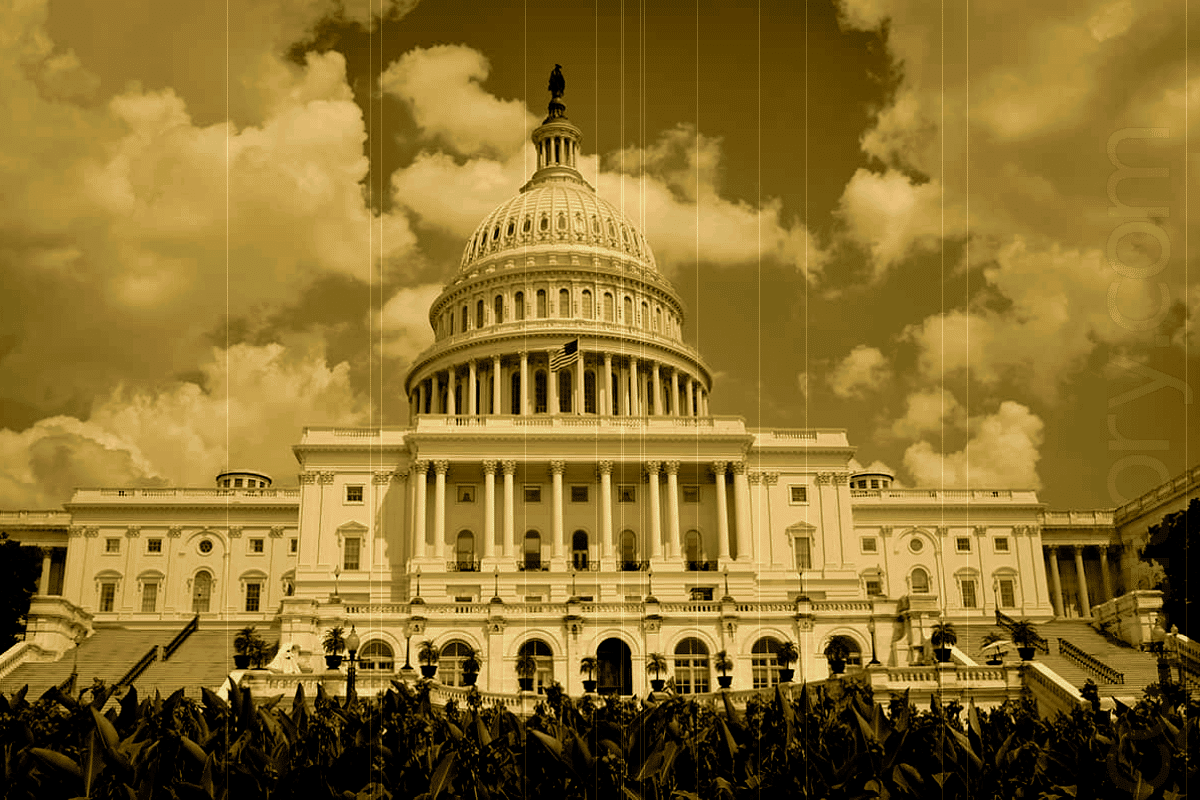
Efforts to pass the Guiding and Establishing National Innovation for U.S. Stablecoins (GENIUS) Act in the U.S. Senate are faltering amid intensifying scrutiny over a $2 billion crypto deal involving former President Donald Trump and a UAE-backed investment firm.
On May 5, Senators Elizabeth Warren and Jeff Merkley demanded an ethics investigation into the Trump family’s involvement in a transaction with MGX, a state-funded firm from the United Arab Emirates. The deal centers on MGX’s planned investment into crypto exchange Binance using USD1—a stablecoin issued by World Liberty Financial (WLF), in which the Trump and Witkoff families hold significant stakes.
The senators warned the arrangement could breach the U.S. Constitution’s Emoluments Clause and federal anti-bribery laws, calling it a potential gateway for foreign influence and self-enrichment.
Ethical concerns have further intensified following Trump’s $1.5 million-per-plate fundraiser at his Virginia golf course on the same day as the Senate letter. A separate gala targeting top holders of the Official Trump (TRUMP) memecoin is scheduled for May 22, adding to the controversy.
As political tensions rise, nine Senate Democrats have withdrawn their support for the GENIUS Act, citing the lack of robust anti-money laundering protections and concerns over the deal’s implications. Senate Majority Leader Chuck Schumer has called for further revisions to address bipartisan apprehensions.
House Democrats are also reacting, with Representative Maxine Waters moving to block a Republican-led event on digital assets. Meanwhile, internal Republican divides persist, with Senator Rand Paul yet to signal full support for the proposed legislation.
The crypto industry has responded with frustration. Gemini co-founder Tyler Winklevoss accused Senate Democrats of jeopardizing their electoral prospects by opposing regulatory progress. Industry stakeholders warn that political interference could stall meaningful oversight of the growing stablecoin market.







